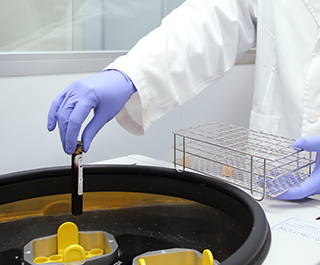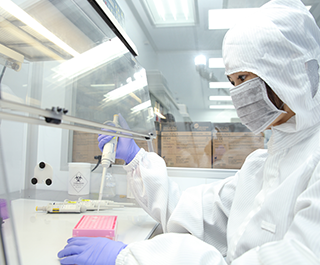Preeclampsia Risk Screening
Preeclampsia (PE) is an important cause of maternal and perinatal mortality and morbidity. Consequently, a major challenge in modern obstetrics is early identification of pregnancies at high-risk of preterm PE and undertaking of the necessary measures to improve placentation and reduce the prevalence of the disease.
There is now evidence that a combination of maternal demographic characteristics, including medical and obstetric history, uterine artery pulsatility index (PI), mean arterial pressure (MAP) and maternal serum pregnancy associated plasma protein-A (PAPP-A) and placental growth factor (PlGF) at 11-13 weeks' gestation can identify a high proportion of pregnancies at high-risk for PE. Such early identification of the high-risk group for PE is important because the risk may be substantially reduced by the prophylactic use of low-dose aspirin starting from 11-13 weeks.
Source: https://fetalmedicine.org/preeclampsia-screening-1
Risk Factors
According to Wikipedia, the known risk factors for preeclampsia include:
- Nulliparity (never given birth)
- Diabetes mellitus
- Kidney disease
- Chronic hypertension
- Prior history of preeclampsia
- Family history of preeclampsia
- Advanced maternal age (>35 years)
- Obesity
- Antiphospholipid antibody syndrome
- Multiple gestation
- Having donated a kidney
- Having sub-clinical hypothyroidism or thyroid antibodies
- Placental abnormalities such as placental ischemia.

Source: https://en.wikipedia.org/wiki/Pre-eclampsia
Who Needs
- Pregnant women in the first trimester worrying about having preeclampsia
- Being pregnant for the first time
- Either of the parent has a history of preeclampsia in their family or bears a baby with preeclampsia in the previous pregnancy
- Pregnancy under artificial insemination
- Those who are heavier and with higher BMI
- Those who have high blood pressure, diabetes, kidney disease, autoimmune diseases
.
Advantages of taking PES
- Safe: Non-invasive, no risks of miscarriage or infection
- Convenient: It only needs 5 C.C. of the mother’s blood.
- Early Inspection: Pregnant for more than 11 weeks can take the examination.
- Taking Down Syndrome screening of the first trimester at the same time: It is convenient to have your blood collected once and sign a consent form once to take two examinations at the same time.
Procedures
Sign an informed consent form To have your blood drawn (fasting is not required) The report of the examination will be delivered in 7-10 working days after the blood is collected.






